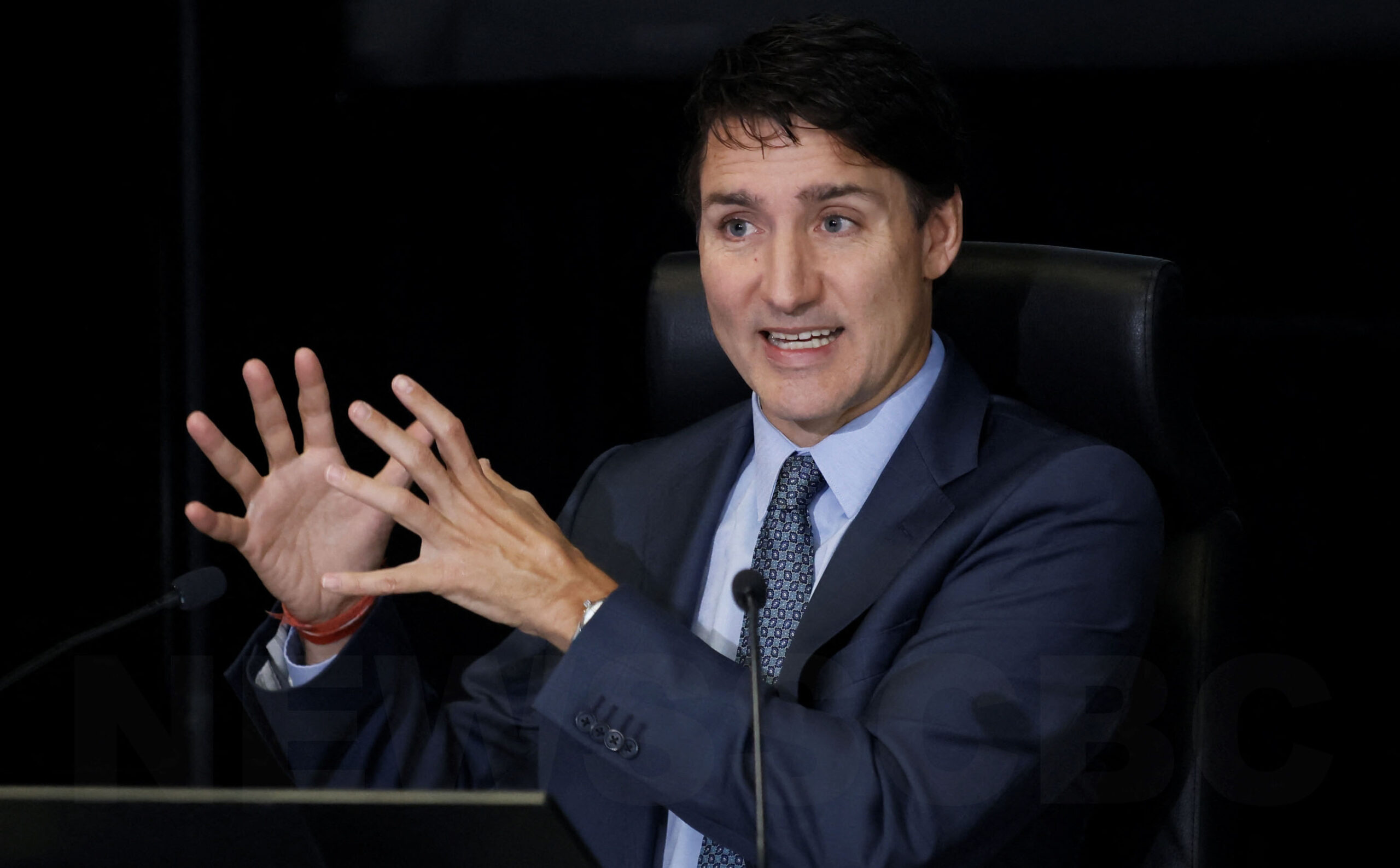CSIS has raised a multitude of concerns despite its improved capabilities, concerning the limits of information it can release

CSIS – This narrative arises in the course of a heated debate in Canada on the part of Pierre Poilievre, the Conservative leader, in denying to get the top security clearance needed to access the information classified as foreign meddling.
The head of the Canadian nation J. Trudeau gave a speech where he described a public inquiry into possible foreign election meddling comprising his seeing the confidential intelligence that suggested Conservative MPs were involved or at risk of external agents meddling.
CSIS – Why are Trudeau, Singh attacked Poilievre’s lack of security clearance?
He also stated that this denial stops party members from being able to support those implicated in case the information is inaccurate or insufficient, or if it originates from just one source.
Poilievre promptly issued a statement alleging that the Prime Minister was being dishonest and putting on a performance.
Justin Trudeau is continuing his usual pattern of dishonesty. Conservative leader Pierre Poilievre stated that he is being dishonest to divert attention from the increasing rebellion in the Liberal Party and conceal his awareness of Beijing’s interference in two election victories.
Poilievre also proposed that the government has alternative methods to provide him with intelligence without requiring him to acquire a security clearance. He claimed that obtaining that permission would stop him from being able to hold the government responsible for foreign meddling.
The recent laws help in involving the intelligence agency in Canada to brief a larger audience, however, the agency is still limited in the way it performs its duties. Poilievre explained that the government has the authority to share information on foreign interference with the citizens without the need to maintain it as classified information.
In the spring, the House of Commons widely approved Bill C-70, which deals with foreign interference. The law allows Canadian intelligence agencies to disclose sensitive information to sources outside the federal government.
John Townsend, who represents the intelligence agency, mentioned that with the new powers, there is more opportunity for increased information sharing to improve readiness, although some restrictions are still enforced.
CSIS is prepared to provide classified information to elected officials about the present threat landscape. Nando Di Luca, from the Conservative Party, proposed on Wednesday that CSIS could use Threat Reduction Measures (TRMs) to alert Poilievre about party members potentially influenced by foreign powers.
Townsend stated that although CSIS doesn’t reveal all their approaches for addressing risks, classified data plays a crucial role in their plan. In cases of significant danger, they have the ability to implement targeted measures to decrease the risk.
Actions need to be equitable and impartial, taking into account the type of risk, potential solutions, and impact on people’s privacy and rights CSIS.
CSIS During a CBC Power & Politics interview, Richard Fadden stated that the main goal of threat reduction is to educate politicians about dangers, not to disclose classified information to political leaders.


13 thoughts on “CSIS has raised a multitude of concerns despite its improved capabilities, concerning the limits of information it can release”